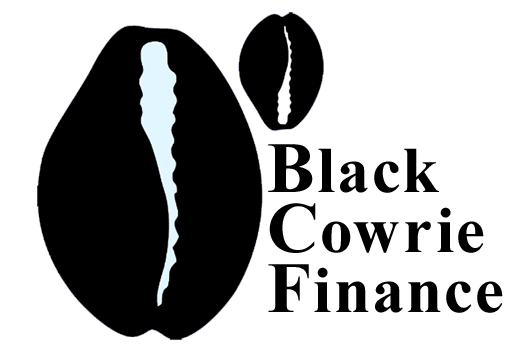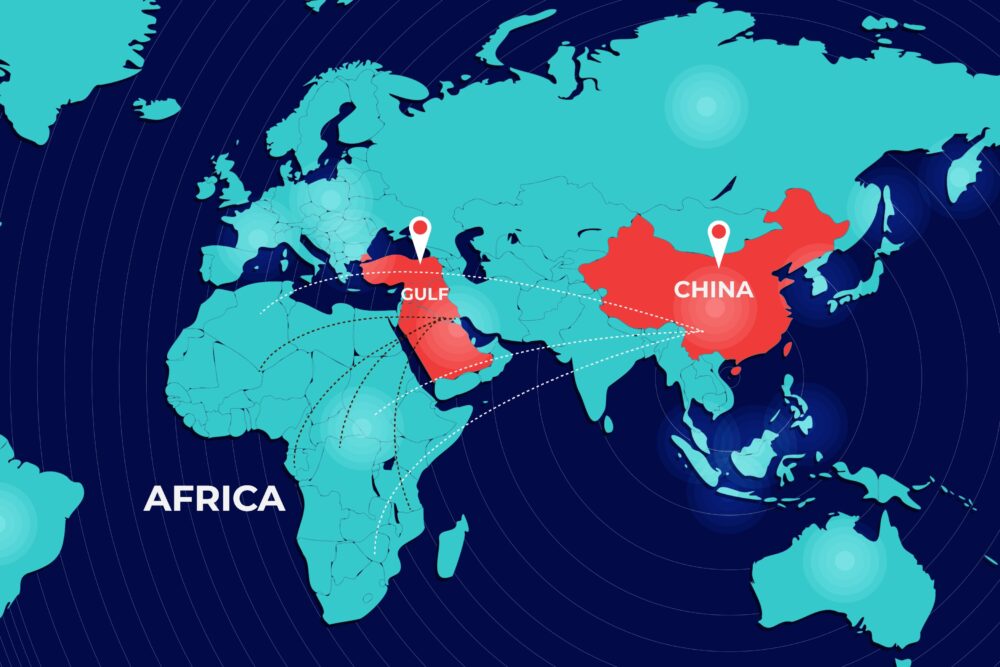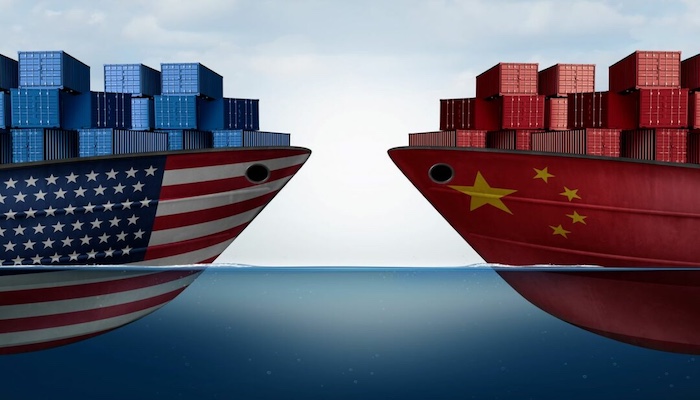
A country with over 200 million people, Nigeria boasts a large consumer market and a thriving startup ecosystem. The West African nation has witnessed a consistent rise in the number of its startups from 2019 to 2023, with over 3,360 startups entering the market in 2022. With funds from local and foreign investors, the startups generated US$565 million in 2023, a 216% increase from the value generated in 2019.
Nigeria is making developmental progress on multiple fronts, including infrastructure. Its largest city, Lagos, launched a new electric-powered 13-kilometer-long metro rail service in September 2023. The metro’s blue and red rail lines are expected to ease traffic congestion in Nigeria’s economic hub. The blue line connects Lagos city with Lagos Island, the central hub for most businesses, while cutting-down the two-hour travel time to only 15 minutes.
“We want to make Lagos an African model mega city that is safe, secure, and resilient. We want it to be a pride of Africa. We will ensure that Lagos embodies everything that a mega city, anywhere in the world could be,” says Governor of Lagos state, Babajide Olusola Sanwo-Olu.
Infrastructure is one of the sectors attracting foreign investment as well as manufacturing, oil and gas, and agriculture. After assuming power in May 2023, Nigeria’s President, Bola Ahmed Tinubu has introduced reforms to enhance the nation’s economic growth by removing a decades-long fuel subsidy and boosting tax revenue. Nigeria is expected to benefit from the current global surge in oil prices, given its status as one of the largest oil-producing nations in Africa.
“The president is trying to create an environment where Nigeria is considered a top investment destination. The oil sector has enormous potential. It has been successful over the years but I think there’s a lot of unlocked potential. It’s a dollar-denominated sector and the export of oil is a significant source of foreign exchange coming into the country,” says Roger Brown, CEO of Seplat.
source: Forbes








